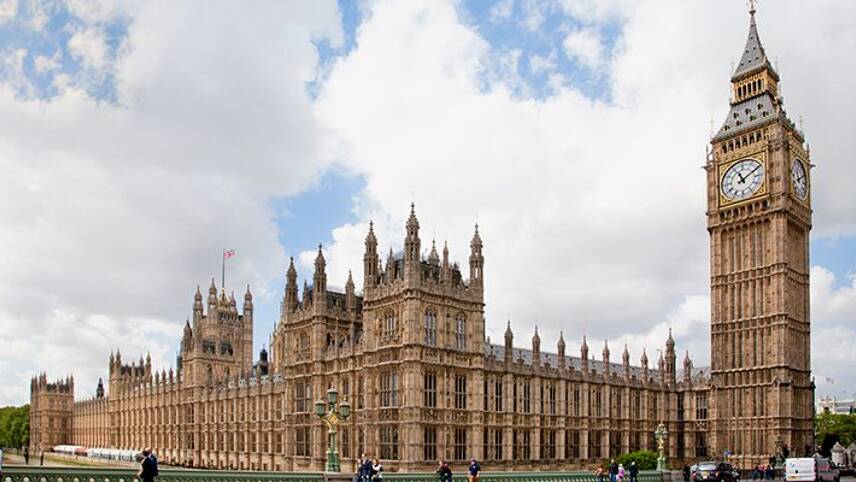Register for free and continue reading
Join our growing army of changemakers and get unlimited access to our premium content

A new report from the two universities argues the case for an annual investment equivalent to £26bn, to tackle the challenges posed by the climate crisis and environmental degradation while promoting economic growth and productivity.
The economists, including Professor Lord Nicholas Stern, author of the Stern Review on climate, emphasise that current plans to reduce public investment in the coming years are likely to result in stagnant productivity and weak economic growth.
The report highlights the need to compensate for decades of underinvestment in various sectors, including physical, natural, social, knowledge and human capital, to address environmental challenges and ensure future economic competitiveness.
It states: “Continued low public investment, as laid out in the Chancellor’s Autumn Statement of 2023, and ongoing barriers to business investment in productive and sustainable assets, are inconsistent with success in international markets and will likely lead to more stagnation”.
Last year, the Chancellor published the Autumn Statement which included only fleeting mentions of the green economy.
While the allocation of almost £1bn for clean energy manufacturing was positively received in expediting the UK’s net-zero transition, green economy leaders are still seeking clarity on the funding and believe that additional measures could and should have been taken to allocate finances specifically to green sectors.
Mobilising private sector investment
The report also asserts that the proposed public investment would not only drive innovation but also encourage private investment.
The report states: “Together with a coherent set of public policies to drive innovation and address gross systemic inefficiency, this would help crowd in private investment in tackling climate change, biodiversity loss and environmental degradation.”
Crucially, the economists argue that investments in transitioning to a sustainable, inclusive and resilient economy will lead to gains in productivity and growth. They stress that upfront investment costs are necessary for long-term resilience and economic sustainability, with borrowing to invest seen as a fiscally responsible approach that reduces the debt-to-GDP ratio over time.
Research indicates that by establishing a robust green industrial sector through recommended investments and policy support, industrial decarbonisation could potentially add £72bn in national Gross Value Added (GVA), safeguard more than 450,000 jobs, enhance supply chain stability, and generate economic growth nationwide.
Moreover, the report underscores the potential benefits of a sustainable economy, including improved productivity growth, innovation, reduced waste and pollution, and enhanced public health through more liveable cities and increased access to nature.
Lastly, the report cautions against unsustainable investments, pointing out the risks associated with continued support for sectors such as oil and gas development and non-energy-efficient construction.
The authors argue that such investments may result in stranded assets, financial losses and an insecure energy supply, while hindering efforts to combat climate change and environmental degradation.
This argument is timely. The Government held the second reading on Monday (22 January) of the Offshore Petroleum Licensing Bill, which, if approved, will likely result in the expansion of oil and gas production in the North Sea.


Please login or Register to leave a comment.